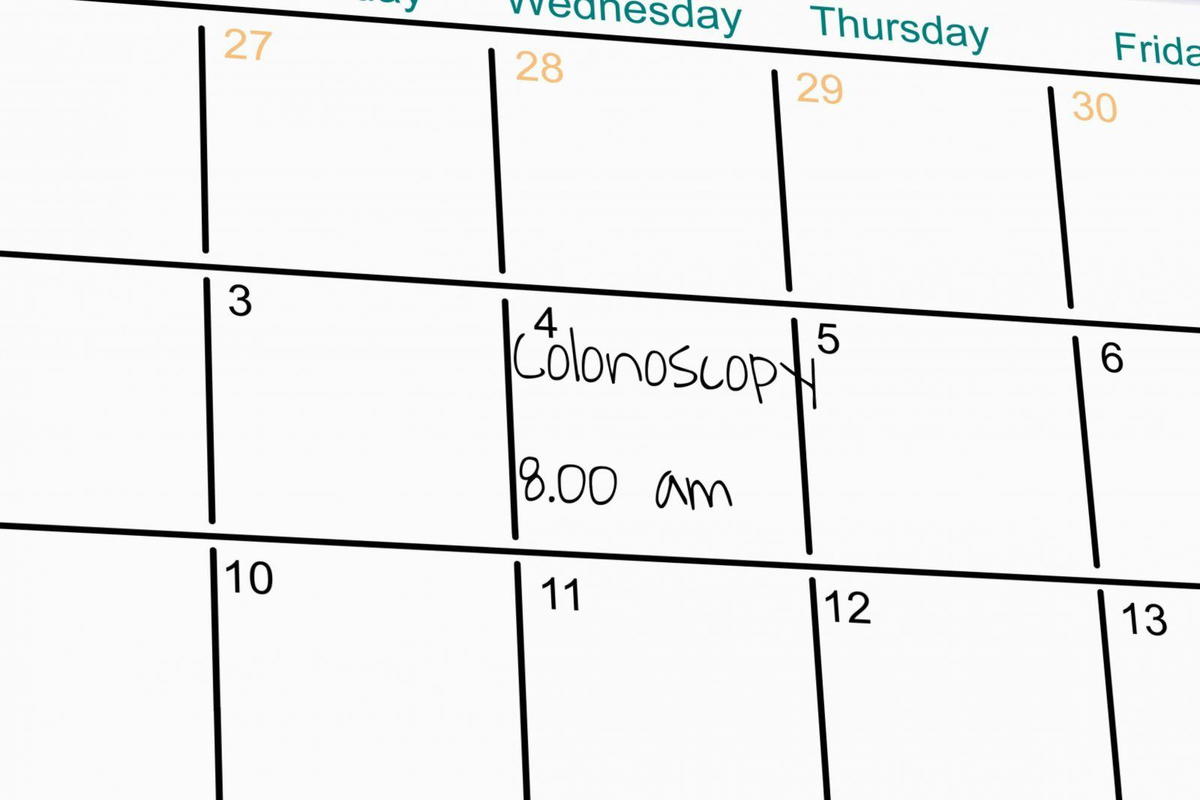Protect yourself against colorectal cancer. Get screened today.
Colorectal cancer is the third most common cancer in men and women in the US, with 1.8 million news cases reported in 2018 alone. From  heavy alcohol consumption and diets high in processed meats to obesity, there are many factors that can increase a person’s risk for colorectal cancer. Our Anchorage, AK, gastroenterologists Dr. Daryl McClendon, Dr. Jeffrey Molloy and Dr. Austin Nelson want patients to understand that this cancer is preventable and that a simple colorectal screening could end up saving your life.
heavy alcohol consumption and diets high in processed meats to obesity, there are many factors that can increase a person’s risk for colorectal cancer. Our Anchorage, AK, gastroenterologists Dr. Daryl McClendon, Dr. Jeffrey Molloy and Dr. Austin Nelson want patients to understand that this cancer is preventable and that a simple colorectal screening could end up saving your life.
What is involved in a colorectal cancer screening?
A colonoscopy is the most effective diagnostic tool that our Anchorage, AK, GI doctors have at their disposal for examining the colon, treating early signs of colorectal cancer and removing polyps before they become cancerous. Routine screenings should start at the age of 45 for both men and women, according to the American Cancer Society.
Before a colonoscopy is performed your doctor will start an IV and administer medication to help you relax and to reduce discomfort. Some patients may even fall asleep during their procedure. A colonoscopy only takes about 30 to 60 minutes to complete, and it involves directing a thin tube (known as a colonoscope) into the rectum and the colon. At the end of the colonoscope is a camera that allows our doctors to examine the lining of the colon.
Any polyps, tumors or susceptible growths can be detected and removed right away during a routine colonoscopy, then the polyp will be submitted to a lab for further testing. If your colonoscopy comes back healthy and you have a low to moderate risk of colorectal cancer then you may not need another colonoscopy for 10 years.
What puts someone at risk for colorectal cancer?
There are certain factors that can increase your chances for developing cancer. Some of these risk factors include:
- Age
- Family history of colorectal cancer or colon polyps
- Personal history of colon polyps or colorectal cancer
- Race (African Americans are at a slightly higher risk)
- Inflammatory bowel disease (IBD)
- Being overweight
- Leading a sedentary lifestyle
- Eating a diet high in processed and red meats
- Smoking
- Heavy alcohol use
Talk to your doctor about your risk factors and schedule your first colonoscopy with your gastroenterologist at Alaska Digestive and Liver Disease in both Eagle River and Anchorage, AK. Call our office today to setup an evaluation.
